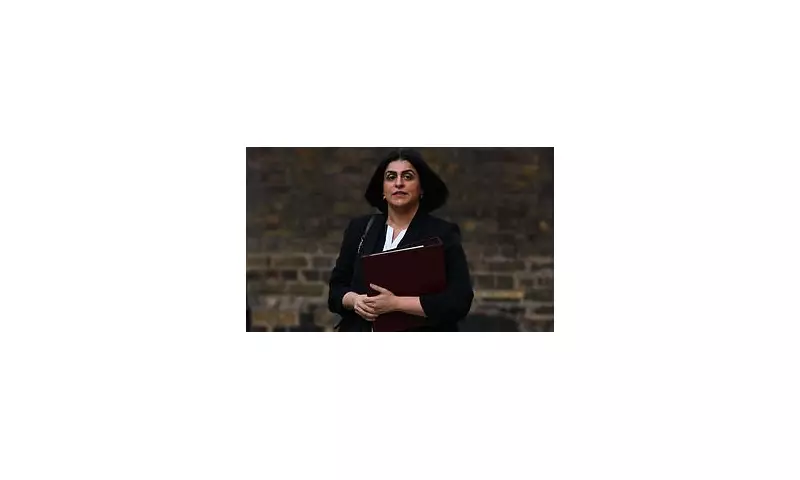
Home Secretary Shabana Mahmood will tomorrow unveil what she describes as a groundbreaking new approach to Britain's migration crisis, claiming it will dramatically reduce illegal immigration while keeping the UK within the European Convention on Human Rights.
The Danish Blueprint
The Labour government's inspiration comes from Denmark, where a centre-Left coalition has achieved what many considered impossible: reducing asylum applications to their lowest level in forty years. Denmark's transformation from migration hotspot to controlled borders saw applications plummet from 37 per 10,000 residents in 2015 to just four per 10,000 last year - merely one-fifth of the current EU average.
Central to Denmark's success has been its system of temporary residence permits, granting refugees permission to stay only while their home countries remain officially classified as dangerous by the government. This approach, which Labour intends to adapt for Britain, represents a significant departure from previous UK immigration policy.
What Labour Won't Import
However, the British version appears to be 'Danish lite', omitting several of Denmark's most effective but controversial measures. Notably absent from Mahmood's announcement will be any attempt to replicate Denmark's draconian 'anti-ghetto' laws, which allow authorities to rehouse migrants away from areas where more than 50% of residents are non-Westerners.
Similarly, Labour shows no appetite for Denmark's policy of confiscating assets from migrants worth over £1,200 to help cover their accommodation costs, nor for the stringent language requirements that have proven a powerful deterrent in Scandinavia. In Denmark, both partners must pass Danish language tests before family reunification is permitted.
The Political Reality
The government faces substantial opposition from its own backbenchers, with Nottingham East MP Nadia Whittome already condemning Danish policies as 'undeniably racist' and more suited to 'far-Right than any centre-Left government'. Given Labour's recent retreats on tax and benefit reforms when faced with backbench rebellions, there are serious questions about whether Starmer's government possesses the political will to implement tough measures.
The financial imperative for action remains overwhelming. The cost of housing asylum seekers and illegal migrants in hotels has reached £15.3 billion over ten years, while foreign-born claimants on Universal Credit cost taxpayers £7.5 billion annually. Some nationalities, including migrants from Congo, Iraq and Afghanistan, are four times more likely to claim Universal Credit than UK nationals.
Legal and Practical Hurdles
Even if implemented fully, Denmark's approach faces significant challenges in Britain. English's status as a global language makes language requirements less effective as a deterrent than Danish requirements in Scandinavia. Furthermore, the European Convention on Human Rights continues to intervene in Danish immigration cases, just as it does in Britain.
In 2022, when Denmark declared areas around Damascus safe and withdrew Syrian refugees' residence permits, many remained in 'departure centres' - unable to work, rent housing or send their children to school, but still supported by Danish taxpayers. The ECHR has also blocked deportations of foreign criminals and watered down family reunification restrictions in Denmark.
As the government prepares its announcement, questions remain about whether this 'holy grail' approach can deliver where previous policies have failed, particularly without addressing fundamental tensions with human rights legislation that Prime Minister Starmer, a former human rights lawyer, appears unwilling to confront.





